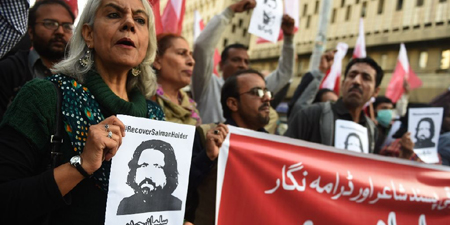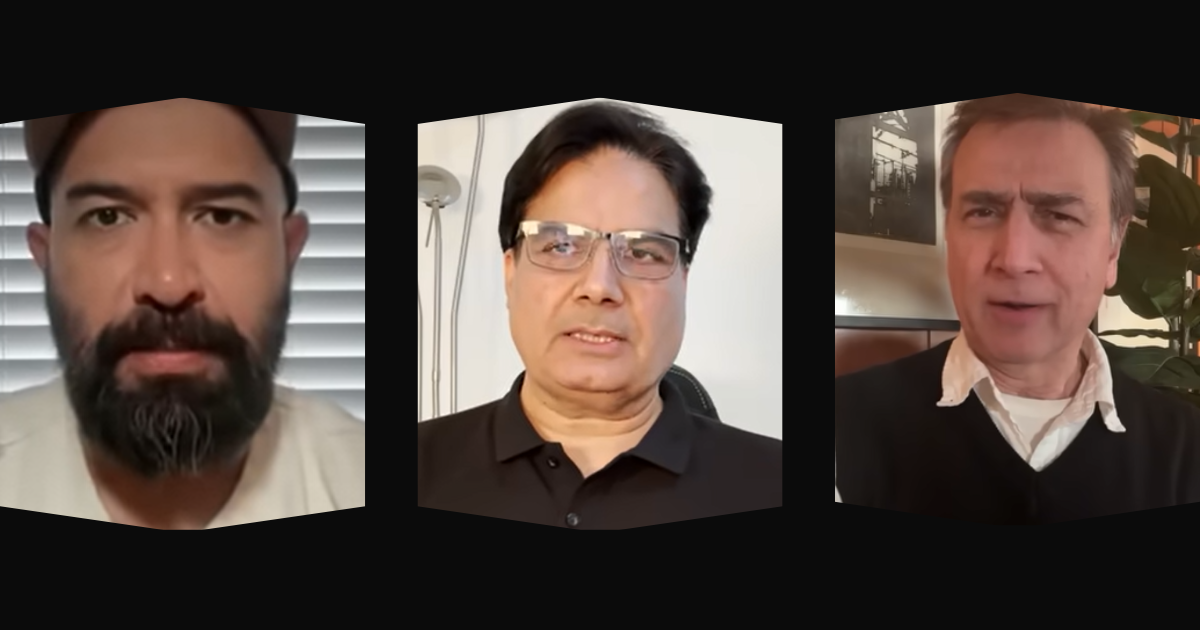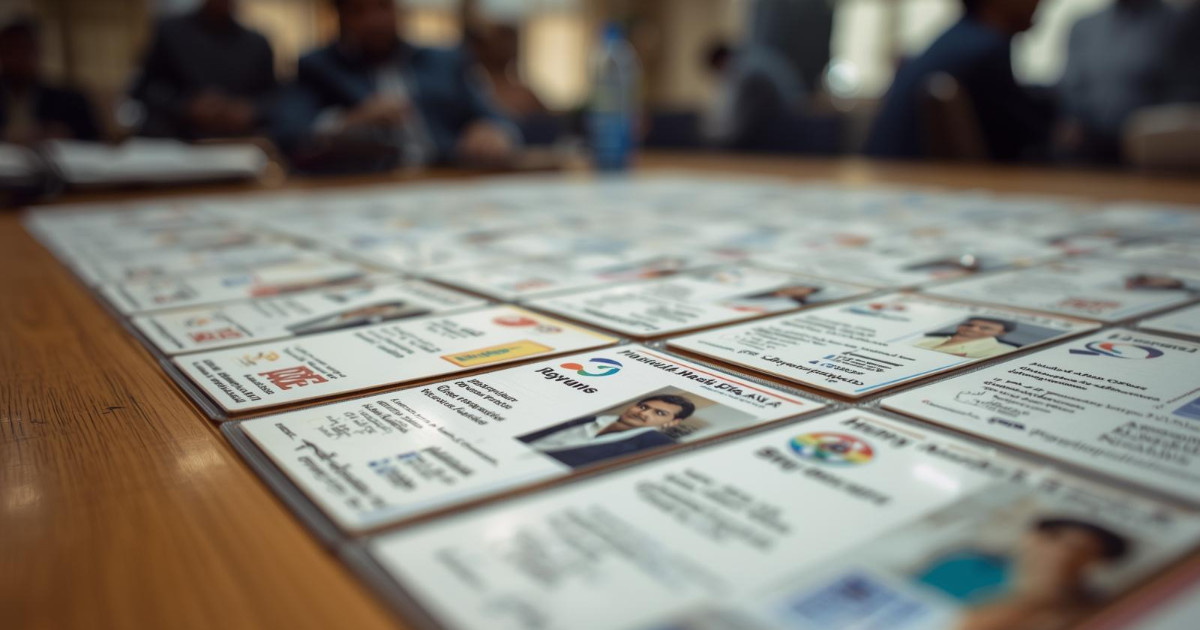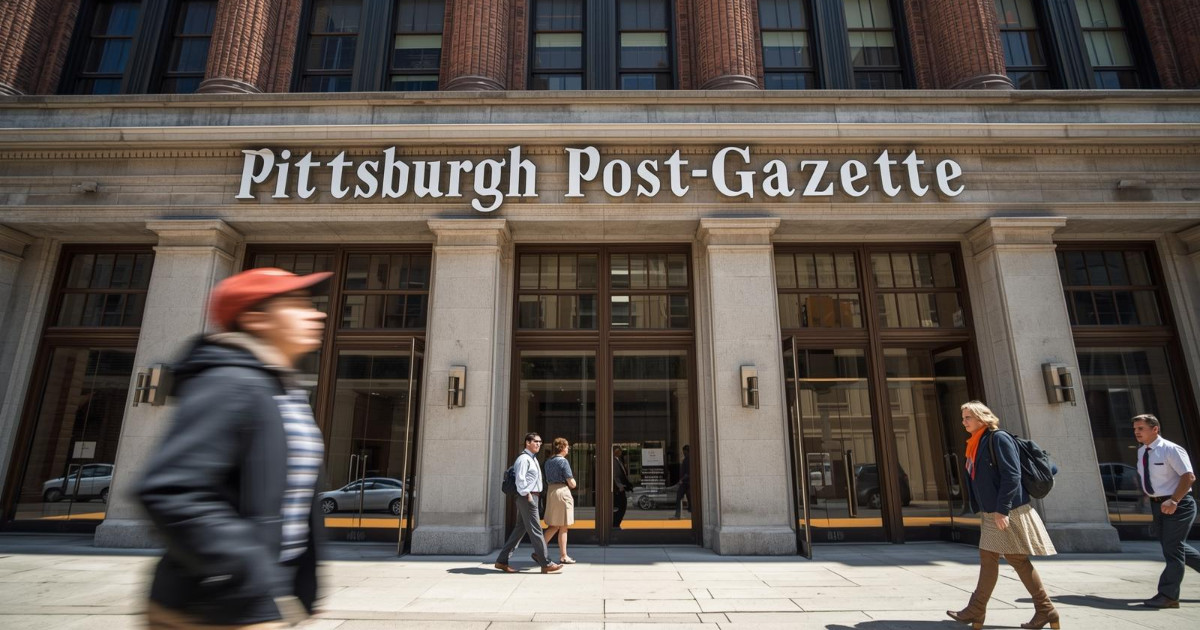Fears of online crackdown after bloggers vanish
JournalismPakistan.com | Published: 11 January 2017
Join our WhatsApp channel
Four bloggers have vanished in Pakistan, raising concerns of a government crackdown on social media. Activists and lawmakers highlight the threats to free speech.Summary
ISLAMABAD - Activists and opposition lawmakers voiced fears Tuesday of a crackdown on social media, the last bastion of free speech in a country where journalism is increasingly under threat, following the apparent abductions of four leftist bloggers.
Salman Haider, a poet and academic, and bloggers Waqas Goraya, Aasim Saeed, and Ahmad Raza Naseer - who campaigned for human rights and religious freedom - went missing from various cities between January 4 and 7, sparking nationwide protests.
Human Rights Watch (HRW) said their near simultaneous disappearances raised concerns of government involvement.
Rights groups say Pakistani activists and journalists often find themselves caught between the country's security establishment and militant groups including the Taliban.
Hundreds of people attended protests in major cities Tuesday calling for the bloggers' immediate release.
Speaking at a demonstration in Islamabad, opposition senator Afrasiab Khattak told AFP: "We have seen pressures on the media, electronic media, print media. People have been forced to indulge in self-censorship."But for social media this is for the first time, the first attack. And the message is - we won't allow freedom of expression on social media also."
Feminist activist Farzana Bari told AFP the disappearances pointed to a widening crackdown on dissent in the country.
"If they have committed any crime or violated any cyber rules -- (the government) could have registered a complaint against them. But we should know what they committed," she said.
The interior ministry said over the weekend it would investigate the disappearance of Haider, but made no reference to the others.
A security source told AFP that intelligence services were not involved in the disappearances.
But the main opposition Pakistan People's Party issued a notice in parliament that said: "The pattern of these disappearances suggests it is a coordinated action, undertaken to silence voices which are critical of prevalent socio-political issues."
Pakistan has had a history of enforced disappearances over the past decade, but they had mainly been confined to conflict zones near the country's border with Afghanistan, or to southwestern Balochistan province where separatists are fighting the government for independence.
Dawn, Pakistan's leading English-language daily, issued a strongly-worded editorial condemning the latest disappearances.
"The sanitised language 'missing persons', 'the disappeared', etc cannot hide an ugly truth: the state of Pakistan continues to be suspected of involvement in the disappearance and illegal detentions of a range of private citizens," it said.
Pakistan is routinely ranked among the world's most dangerous countries for journalists, and reporting critical of security policies controlled by the powerful military is considered a major red flag, with reporters at times detained, beaten and even killed.
In April 2015, prominent activist Sabeen Mahmud was killed by militants who said they carried out the attack because she promoted liberal, secular views.
In April 2014, unidentified gunmen attacked but failed to kill Hamid Mir, one of the country's most recognized TV anchors. His employer and his family later accused the director general of the powerful Inter-Service Intelligence agency of involvement. - AFP
KEY POINTS:
- Four leftist bloggers went missing between January 4 and 7, 2023.
- Protests erupted nationwide calling for their release.
- Human Rights Watch expressed concerns regarding government involvement.
- The disappearances signal a growing crackdown on dissent in Pakistan.
- Pakistan ranks among the most dangerous countries for journalists.

























